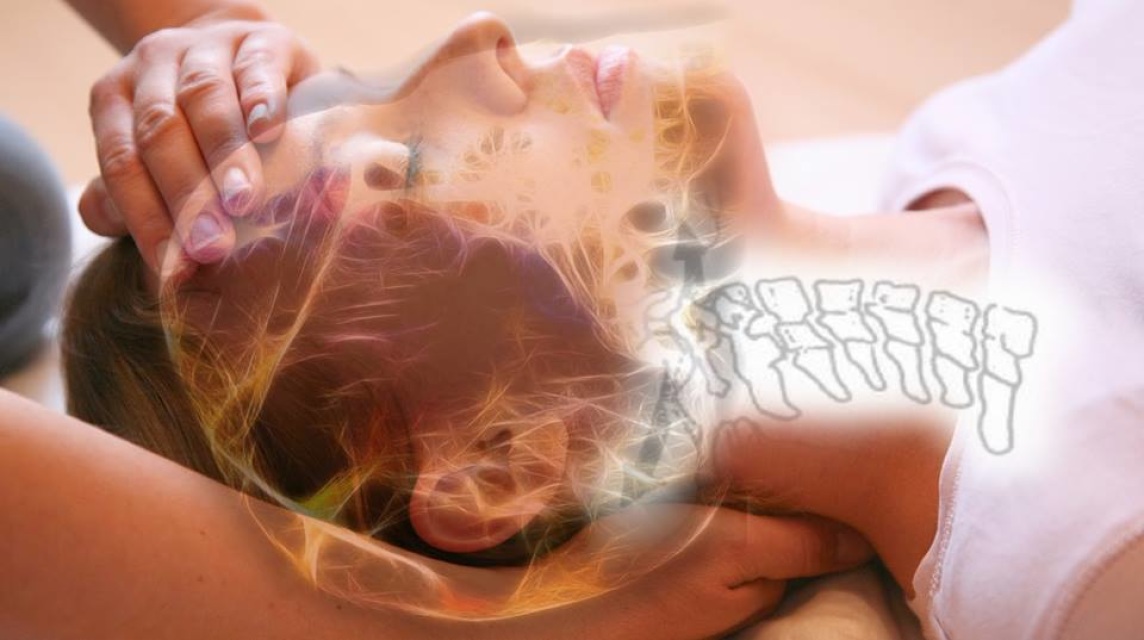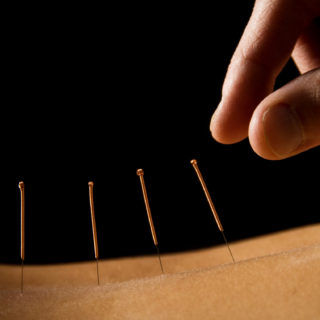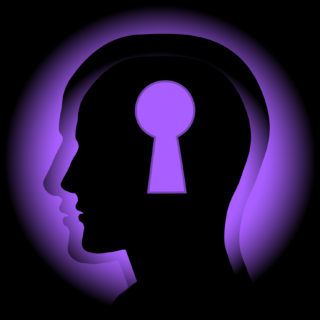CranioSacral Therapy (CST) was pioneered and developed by osteopathic physician John E. Upledger following extensive scientific studies from 1975 to 1983 at Michigan State University, where he served as a clinical researcher and Professor of Biomechanics.

CST is a gentle, hands-on method of evaluating and enhancing the functioning of a physiological body system called the craniosacral system – comprised of the membranes and cerebrospinal fluid that surround and protect the brain and spinal cord.
Using a soft touch generally no greater than 5 grams, or about the weight of a nickel, practitioners release restrictions in the craniosacral system to improve the functioning of the central nervous system.
By complementing the body’s natural healing processes, CST is increasingly used as a preventive health measure for its ability to bolster resistance to disease, and is effective for a wide range of medical problems associated with pain and dysfunction, including:
- Migraine Headaches
- Chronic Neck and Back Pain
- Motor-Coordination Impairments
- Colic
- Autism
- Central Nervous System Disorders
- Orthopedic Problems
- Concussions and Traumatic Brain Injuries
- Alzheimer’s Disease and Dementia
- Spinal Cord Injuries
- Scoliosis
- Infantile Disorders
- Learning Disabilities
- Chronic Fatigue
- Emotional Difficulties
- Stress and Tension-Related Problems
- Fibromyalgia and other Connective-Tissue Disorders
- Temporomandibular Joint Syndrome (TMJ)
- Neurovascular or Immune Disorders
- Post-Traumatic Stress Disorder
- Post-Surgical Dysfunction
SomatoEmotional Release (SER) is a therapeutic process that uses and expands on the principles of CranioSacral Therapy to help rid the mind and body of the residual effects of trauma. SER1 offers applications designed to enhance results using CST and other complementary therapies.
- Assess and mobilize the Avenue of Expression working through more than 10 different body components, including the thoracic inlet, hard palate and hyoglossal tissues.
- Locate and release Energy Cysts.
- Release suppressed emotions that may be inhibiting complete structural releases.
- Refine listening and comprehension skills.
- Improve palpation and whole-body evaluation skills.
Patient resources including intensive therapy program information .
Testimonials , including a video link from MCNBC with Aetna CEO.


















No Comments
Be the first to start a conversation